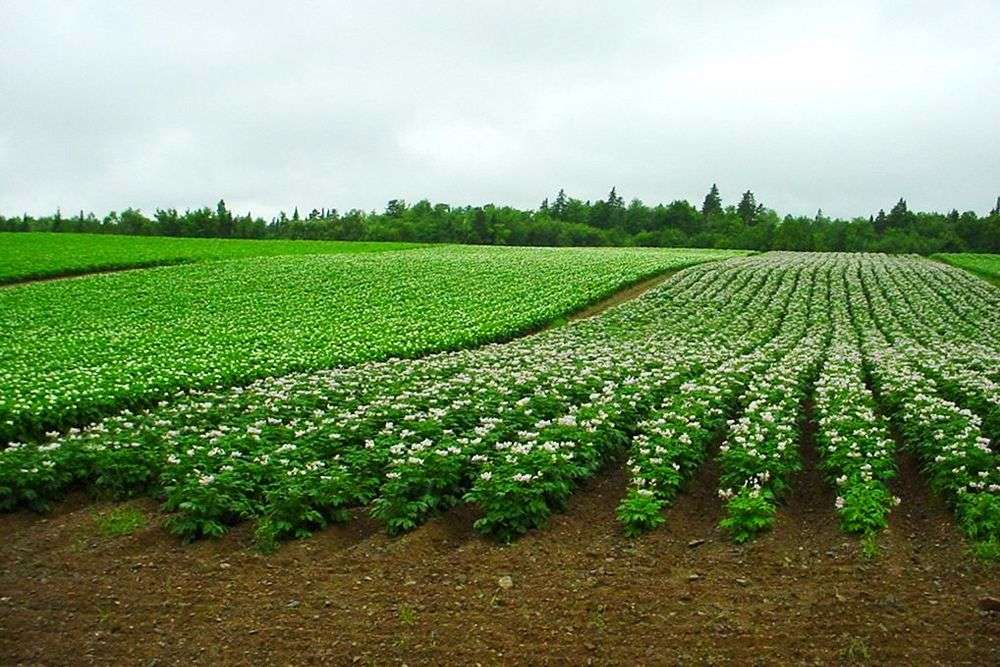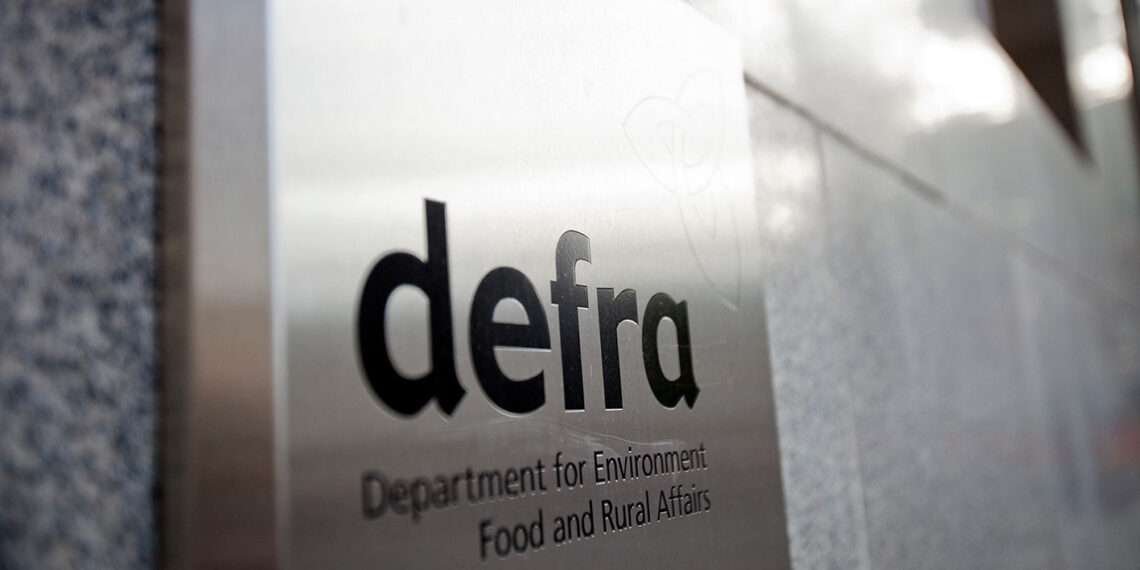According to sources, government officials have suppressed a financial analysis shedding light on the precarious situation facing some of the UK’s most vulnerable farmers.
The analysis, initially intended to contribute to a positive outlook on the financial state of upland farmers, among the most economically disadvantaged in the nation, has been kept under wraps. Minutes from meetings regarding this matter, obtained through a freedom of information request, indicate that apprehensions were raised regarding the unfavorable findings.
Farming groups have criticized the decision, labeling it as “irresponsible,” particularly after it was revealed through FOI documents that officials opted against making the analysis public due to concerns about ministerial disapproval.
According to the meeting minutes, one official expressed reservations, stating, “We could end up with no pathways to success at the end. We only want to publish if we have something positive to tell people.”
This reluctance to disclose negative findings suggests a selective approach to information dissemination.
Government officials acknowledged a grim reality: upland farmers are teetering on the edge of a financial crisis, with the looming threat of closure looming overhead. Despite this acknowledgment, there appears to be a hesitancy to address the issue openly.
Furthermore, some apprehensions about releasing data on the projected income of upland farmers could exacerbate the situation, potentially leading to a rush to sell off properties. This suggests a delicate balance between transparency and the potential for unintended consequences.
Additionally, officials believe that rural farmers were dismissive of environmental concerns, highlighting a broader disconnect between agricultural practices and ecological considerations.
Adding to the challenges, many upland farmers currently maintain financial viability through the EU-derived basic payment scheme (BPS), a support system scheduled for complete phasing out by 2027. This impending transition poses a significant threat to the economic stability of these farmers and warrants careful consideration in future policy decisions.
Following Brexit, farming payment schemes will reward farmers for restoring nature; however, access to these schemes is notably easier for landowners. This posed a challenge for upland farmers, many of whom were commoners or tenants.
Moreover, several of the most financially rewarding options offered as alternatives to the Basic Payment Scheme (BPS) replacement, such as establishing wildflower meadows, enhancing soil health, and reducing pesticide usage, primarily benefit lowland arable farms.
Consequently, upland farmers expressed concerns about the potential loss of BPS support and their ability to generate sufficient income under the new scheme to sustain their livelihoods.
To salvage this situation, ministers asked officials from the Department for Environment, Food, and Rural Affairs in 2022 to draw up “pathways to success scheme” for upland farmers to show alternatives to make their farms profitable under the new scheme.
Deliberate Attempt To Conceal The Information

However, during a series of meetings that year, officials voiced concerns regarding the financial analysis and the scheme overall. They ultimately decided against publication, citing several reasons. One official remarked it was “a case of waiting for the political situation to settle.” Another emphasized the importance of ensuring ministerial approval, stating, “[it is] important we make sure ministers are happy with what we put out into the public environment – sensitivities around that.”
Many participants in the meetings assumed that upland farmers, especially those employed in England’s national parks, did not prioritize environmental concerns “a lot up until now be dismissive of the environmental side – a challenge to get good engagement in that.”
Officials concluded: “We are not in a position to share economic analysis for the foreseeable, nor are we able to commit to a particular date where we can share the information.”
Julia Aglionby a professor in practice at the University of Cumbria who chaired the Uplands Alliance, said, “It was both disappointing and irresponsible of Defra not to publish modeling and impact assessments of their new ELM [environmental land management] policies for hill farmers. This lack of transparency understandably makes this vulnerable group of farmers worried.”
READ ALSO: Boris Johnson To Kick-Out Sunak, Poll Finds





















